Intuitive Eating vs. Dieting
- June 5, 2019
- Last Updated: November 17, 2023
- 4 Comments
- Intuitive Eating
When you think of intuitive eating vs. dieting for your ultimate results, know that they are two different things. Intuitive Eating is not a diet.
Intuitive Eating is not meant to purposefully help you lose weight or offer a rigid set of rules.
Instead, intuitive eating is a mind-body connection that helps you become attuned to your body’s nourishment, physical and mental needs.
It makes me so sad when I read about or hear people asking, “Will intuitive eating help me lose weight?”
Well, yes, maybe. But it also may lead to weight gain, or no change in weight at all.
Grab Our Meal Prep Ebook to Finally Conquer Meal Prep in the Kitchen
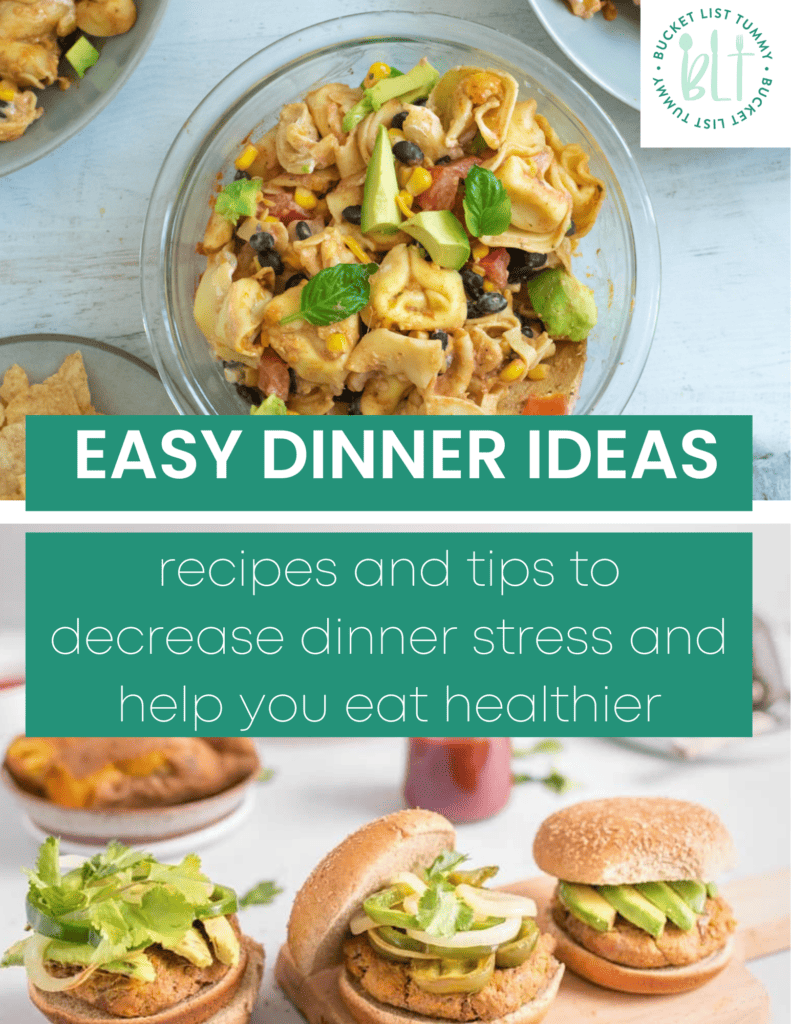
One of the hardest parts about intuitive eating, from what I’ve seen with clients, is the unknown.
We truthfully have NO IDEA what’s going to happen with your weight.
Each of us is so different that we just have to figure it out on our own journey.
Our weight will do what it wants/needs to do.
Can You Lose Weight with Intuitive Eating?
So, can you reach your ideal weight with intuitive eating?
It depends on how you’re defining your ideal.
You can reach the ideal weight your body wants to be at through intuitive eating – when you give up food rules, challenge the food police, and the make peace with food.

Intuitive Eating vs. Dieting
Is intuitive eating a diet? Many people think so.
The phrase, “intuitive eating weight loss,” is a common one I’ve seen people google.
Think about social posts you’ve seen. I’ve seen “intuitive eating before and after” posts that also make me angry. It is worth shouting across the mountain tops that intuitive eating is not a diet.
Intuitive eating can get tied up in diet culture but it is not a diet.
Curious about what is diet culture? Start there.
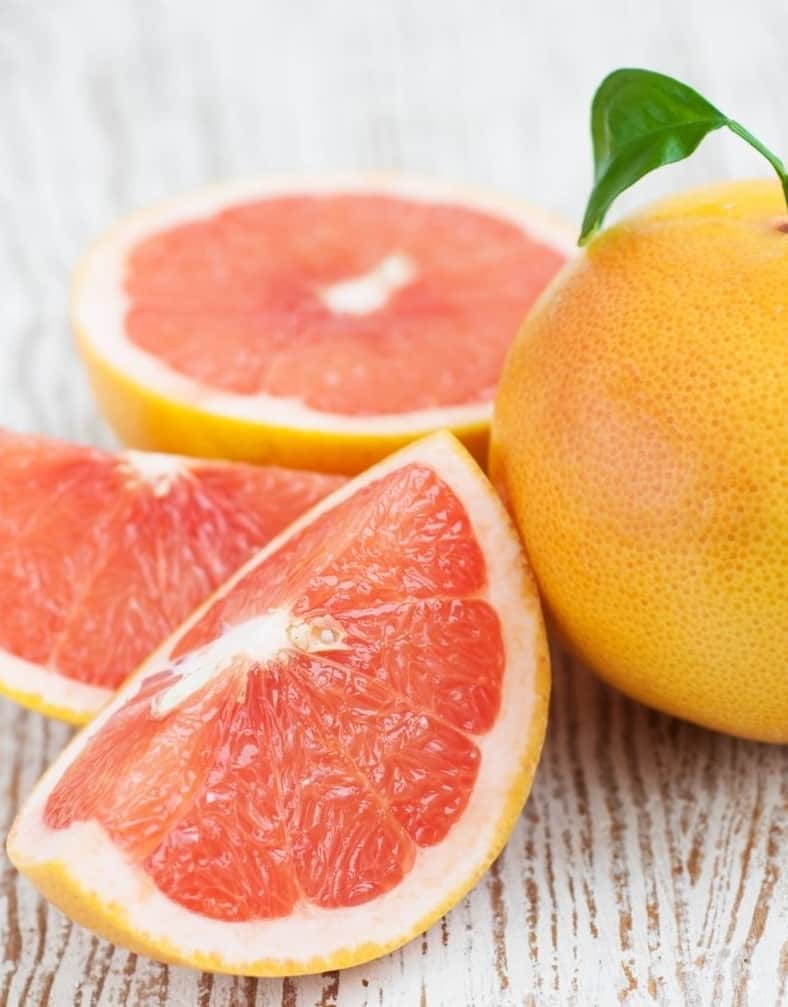
Intuitive Eating is NOT a Diet
The principles of intuitive eating are not a “get healthy quick” type program, or a “follow this and you’ll be your happiest self tomorrow” type of thing.
That can be a difficult pill to swallow for some people, who perhaps came to intuitive eating with the hopes of losing weight. Or, viewing intuitive eating as the “final diet.”
When we look at intuitive eating as a “healthy diet,” we’re not really truly embracing it.
In fact, we’re falling into the behaviors of the Wellness Diet, believing we “have” to do certain things to achieve health.
Check out these intuitive eating resources for more information.

The only intuitive eating results you should be concerned about are learning to tune in to your honor your hunger and feel your fullness.
You want to spend time learning how to feel satisfied after eating and what foods are satisfying to you, and learning how to respect your body.
To me, intuitive eating is the most “hands off” approach to health and wellness there is. By that I mean, it really tests your trust.
Intuitive eating fundamentals give a person body and food autonomy, to figure out what foods you really like to eat.
Or, to learn what foods are very satisfying, what foods make you feel good and perform well.

But, it’s not a one and done process.
Intuitive eating is a journey. It takes time. There will be ups and downs, and stop signs and road closures. There’s not really a direct route and you kind of write it as you go.
This is why I say that it tests your trust. But the other side is so much greener.
Intuitive Eating vs. Calorie Counting
There is a good reason why intuitive eating is gaining popularity.
I do feel that there is something attractive about listening to your internal hunger and fullness cues and eating foods you want to eat, and recognizing how they make you feel.
Do this instead of miserably counting calories and eating low calorie foods that aren’t satisfying.
Or, instead of trying to stay under a set number that may not even be applicable for your health and needs.

Yet, it’s possible to get carried away and turn this way of eating into a diet.
There’s a lot of gray in the influencers who may not necessarily understand intuitive eating, yet promote it like a diet.
So, today’s post is made to help you understand how and why intuitive eating is not a diet. Does intuitive eating lead to overeating?
Sometimes overeating happens with intuitive eating – but it doesn’t lead to a shameful, miserable rest of your day.
You can acknowledge that maybe you overshot your fullness (and explore why – get curious). Were you distracted? Emotional?
What can we learn from that experience?

How to Not Make Intuitive Eating a Diet
Recognizing the diet mindset vs. an intuitive mindset is key.
Don’t Overly Focus on Hunger and Fullness
Why, yes, being attuned to hunger and fullness are very important parts of intuitive eating.
However, intuitive eating is NOT the hunger-fullness diet. Only following these “rules” or guidelines will turn intuitive eating into a diet.
There are many natural instances where we can and possibly “should” feel free to eat outside of hunger.
Some examples include enjoying a birthday cake or relishing in the nostalgia of a family recipe. I can’t stress this enough, especially in intuitive eating among teens who are so influenced.

Similarly, it’s okay to eat past fullness.
I guarantee you won’t feel good if you do it regularly (and ignore fullness completely), but it happens when having a “normal” relationship with food.
It can also teach us to check in with ourselves earlier in the eating process.
Looking at these sensations with curiosity, not judgment, is the foundation of intuitive eating because we can be mindful and tune in to how we feel during the eating experience.
Explore Food Satisfaction
Have you ever eaten a meal to feel physically full after, yet minutes or a short time later, felt hungry again? Or, feel something that you just can’t put your finger on?
That’s satisfaction. It is possible (and very common) to feel full, yet not satisfied, from a meal.

So, how do you differentiate between the two?
Fullness is the physical sensation you feel after eating. Maybe you feel some bloating, a distended stomach or some slight discomfort.
Note that this is normal and part of the digestion process.
In comparison, satisfaction is more of a mental and emotional feeling after eating. Some questions I like to ask my clients are,
- Are you still thinking about food?
- Was your eating experience pleasurable?
- Did the food taste good?
- Do you remember how it tasted?
- Would you eat it again?

More often than not, a salad isn’t going to leave you satisfied.
Now, if you add some fat and enough carbohydrates (like bread, croutons, a grain, avocado, full fat dressing, seeds/nuts), maybe that salad will leave you full and satisfied.
Ideally, we want to feel full and satisfied after meals, but it’s okay if not every meal provides both.
Look at it as an opportunity to look back with curiosity to determine what you can do differently for future eating experiences.
Intuitive eating involves freeing yourself from the black and white rules (“good” and “bad”), and instead, learning to embrace the nuance of intuitive eating.
Allow Yourself To Eat For Other Reasons
I’m sure you have several memories that revolve around food.
Food has many purposes aside from just nourishing us. Food is nostalgic and tied to many emotions and memories.
It can be easy to forget, but food is a vehicle for communication and social interaction, too.
Why else would we meet friends for lunch or dinner, or spend so much time and energy preparing a holiday dinner with loved ones?

While we do want food to provide nourishment and keep us full, we also want food to provide other positive emotions, too. And lead to an overall enjoyable experience.
Approach Food with Curiosity
The dieting mindset and diet culture, in general, teach us to place blame and judgment on our food decisions if they don’t match up with wellness culture’s definition of “healthy.”
Alternatively, intuitive eating puts the focus on curiosity.
Intuitive eating is a constant learning process about our body and our needs, which are fluid and constantly changing. Intuitive eating is a much kinder approach to self-discovery.

Have you ever had a hungrier day, where you feel like you’re eating much more than normal, despite not changing your routine? This happens!
Guess what – it is a normal part of being a human.
Rather than feeling guilt or shame for eating more than usual, perhaps you can look at the experience through a curiosity lens.
Did you sleep enough last night? Did you eat enough protein at your last meal or snack? What about exercise; Did you exercise harder yesterday or the day before?
Also remember to remind yourself that it’s okay if you just can’t stop eating for no reason, too! Self compassion plays SUCH a large role in intuitive eating, and we utilize that a lot in the gentle nutrition piece.
You Don’t Need To Fall Victim to Diet Culture
The bottom line is that being flexible, not rigid, with food is part of the intuitive eating experience.
We know diets don’t work. We’re surrounded by diet culture and it infiltrates into every part of our lives.
Intuitive eating is not a set of rigid rules to follow, but instead, a continuous journey with the opportunity to learn more about yourself, your food preferences and eating experiences throughout.
There’s no rules, no black and white, no times for eating and no foods you “have” to eat, like other diets promise. There are no “quick fix results” and you won’t be changed overnight.
It’s a gradual process that takes time, but you will be a different person at the end, not necessarily based on how you look, but in your approach to food and wellness.
What’s the craziest thing you’ve heard about intuitive eating?
What turns you on or off about intuitive eating?
Support Bucket List Tummy



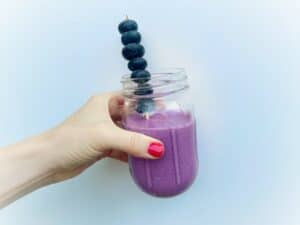



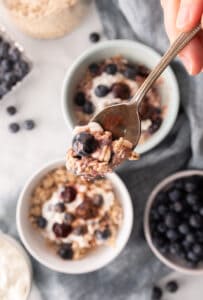
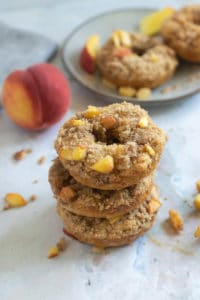
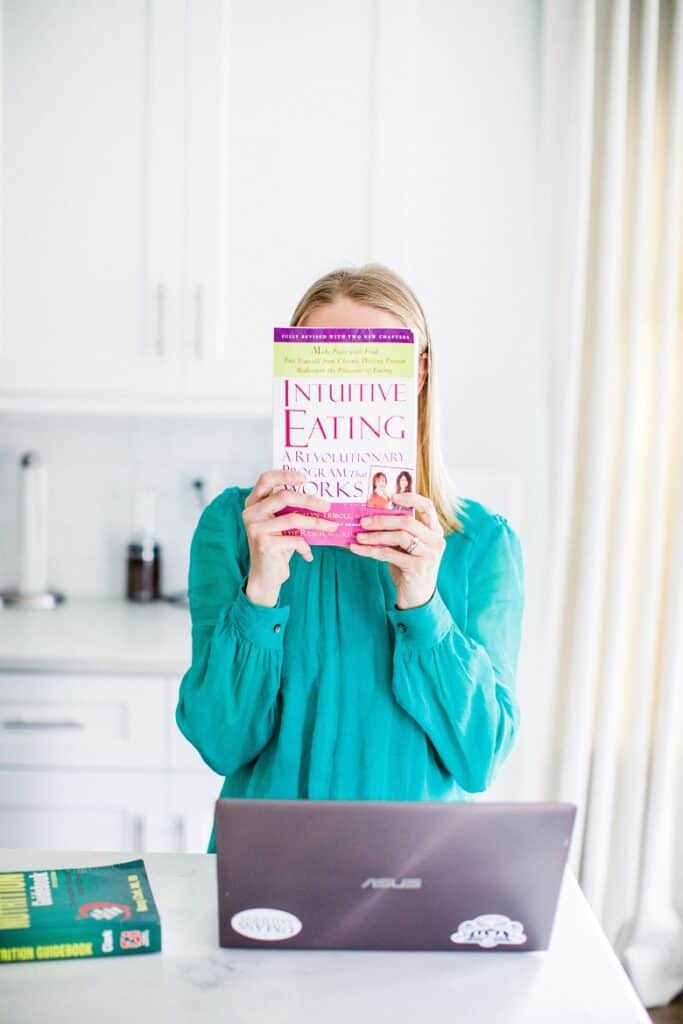

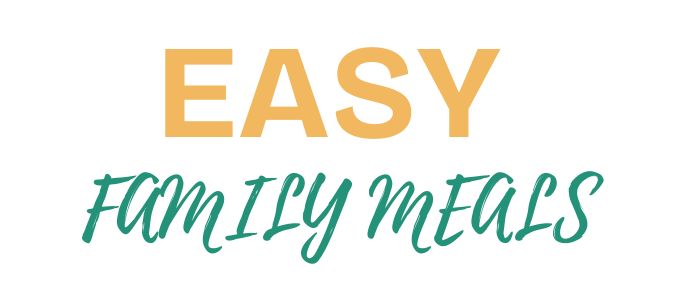
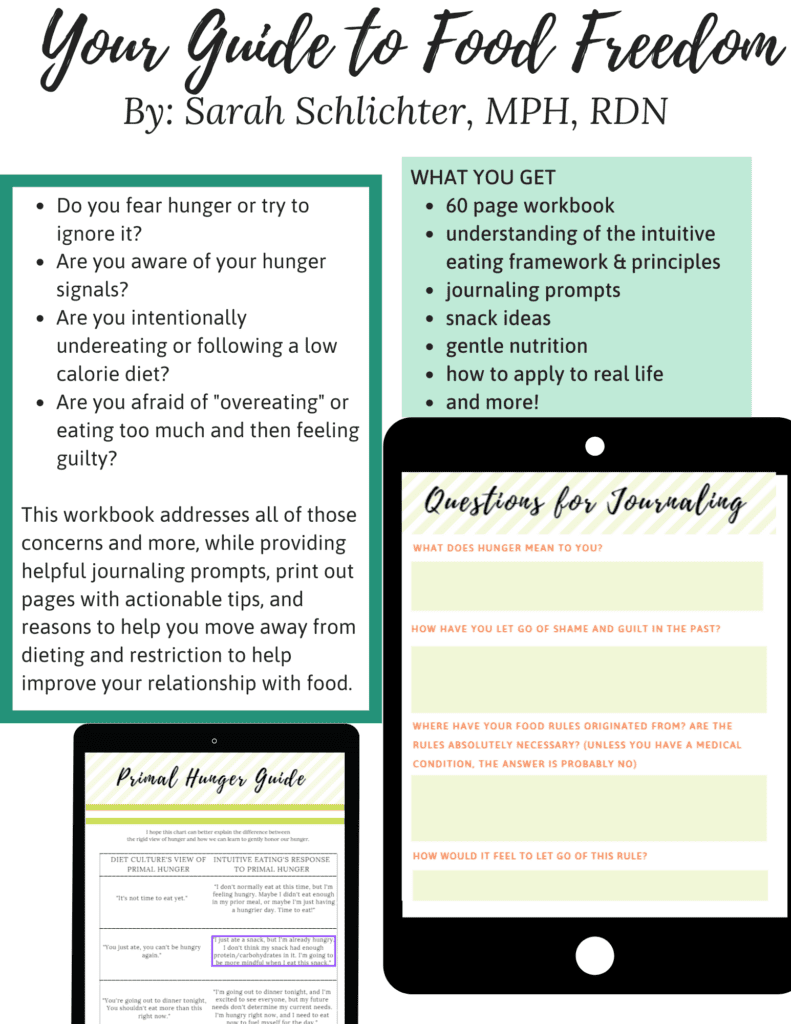
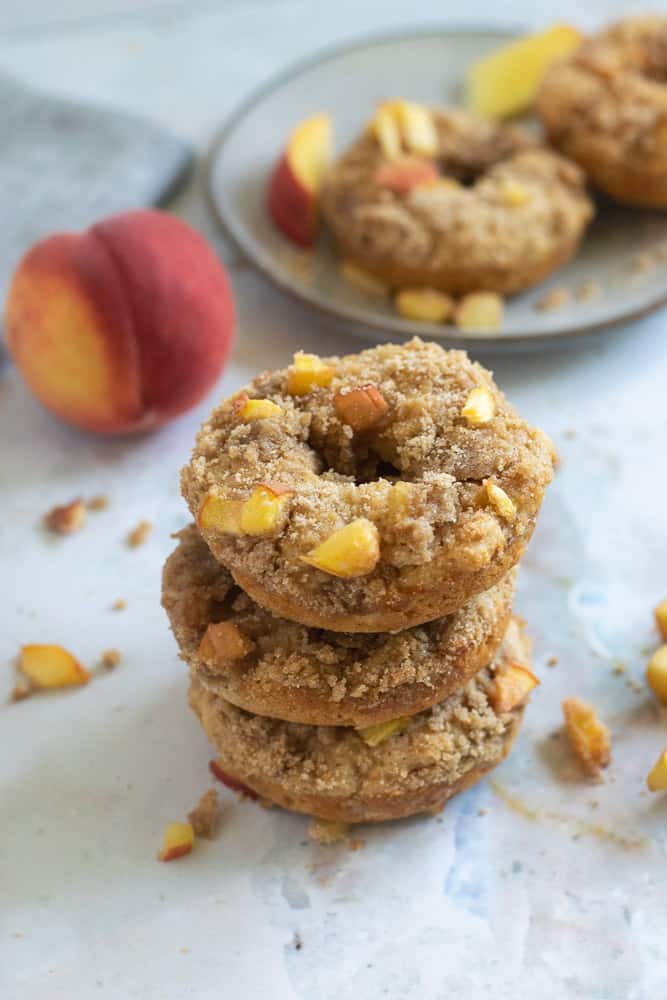
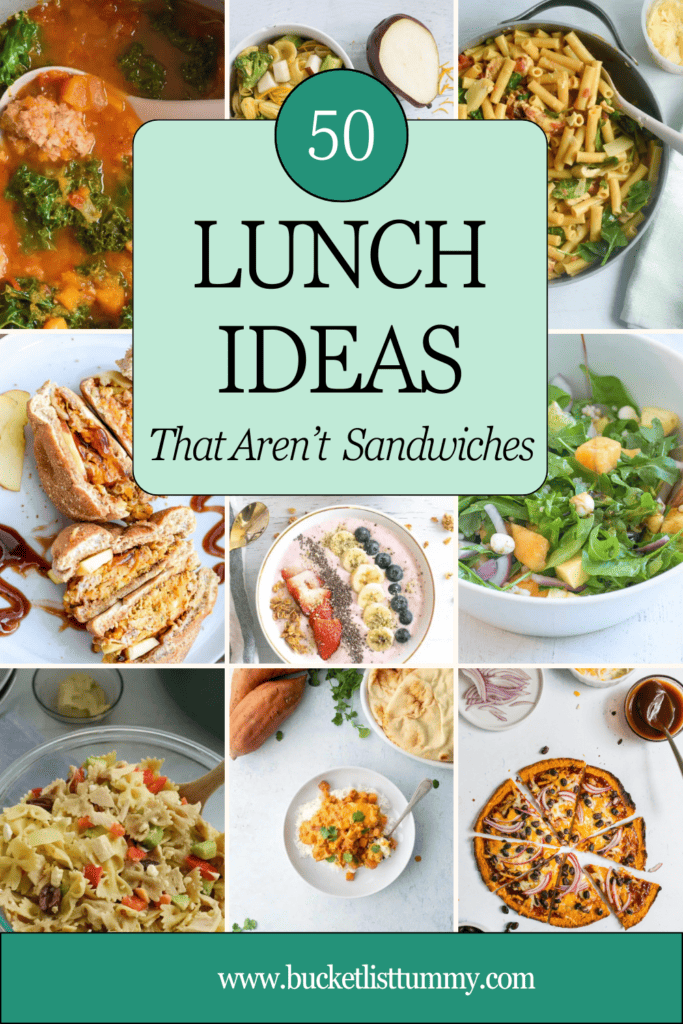
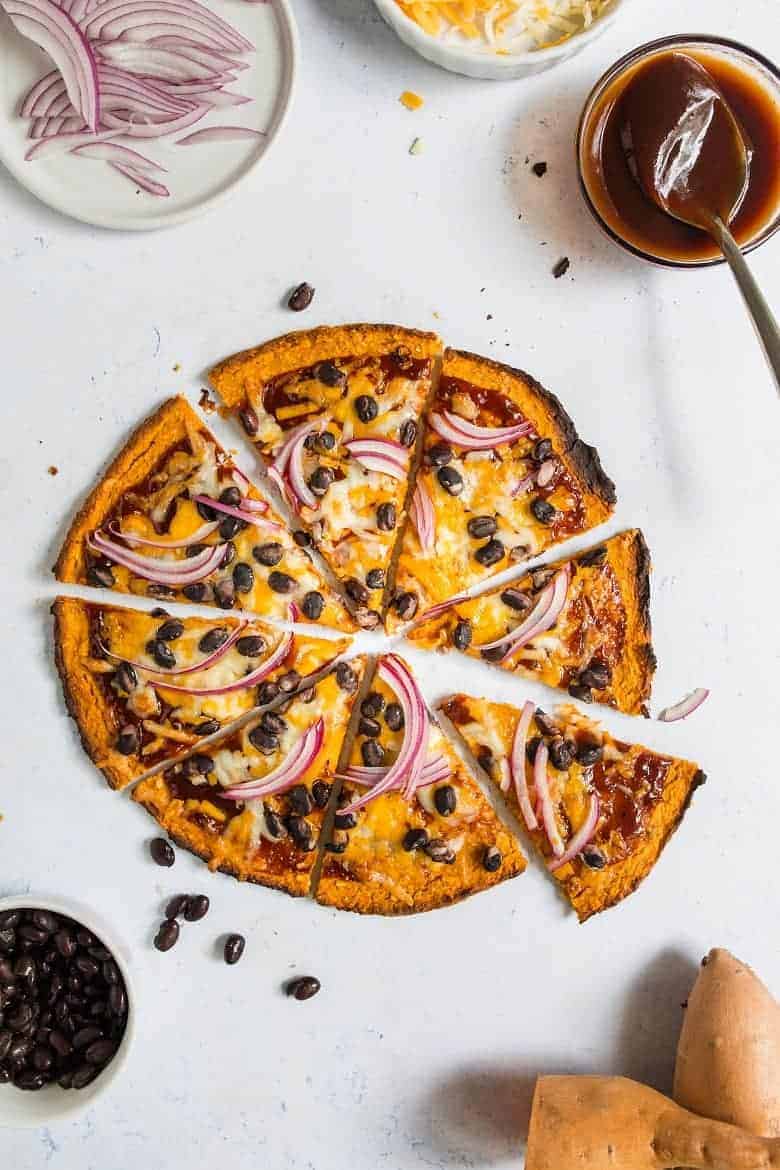
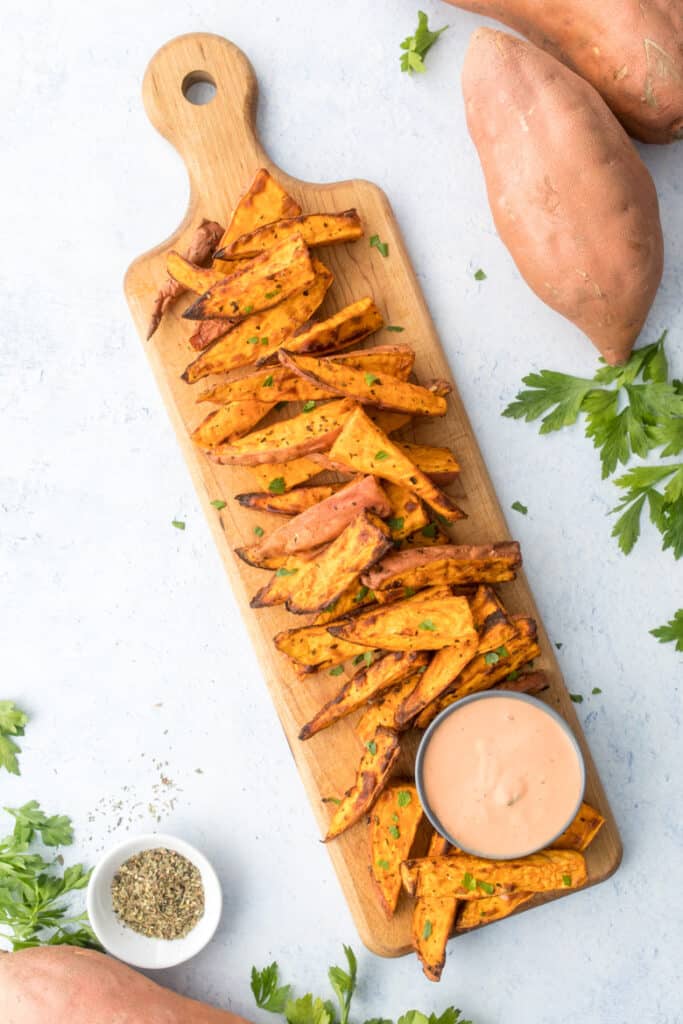

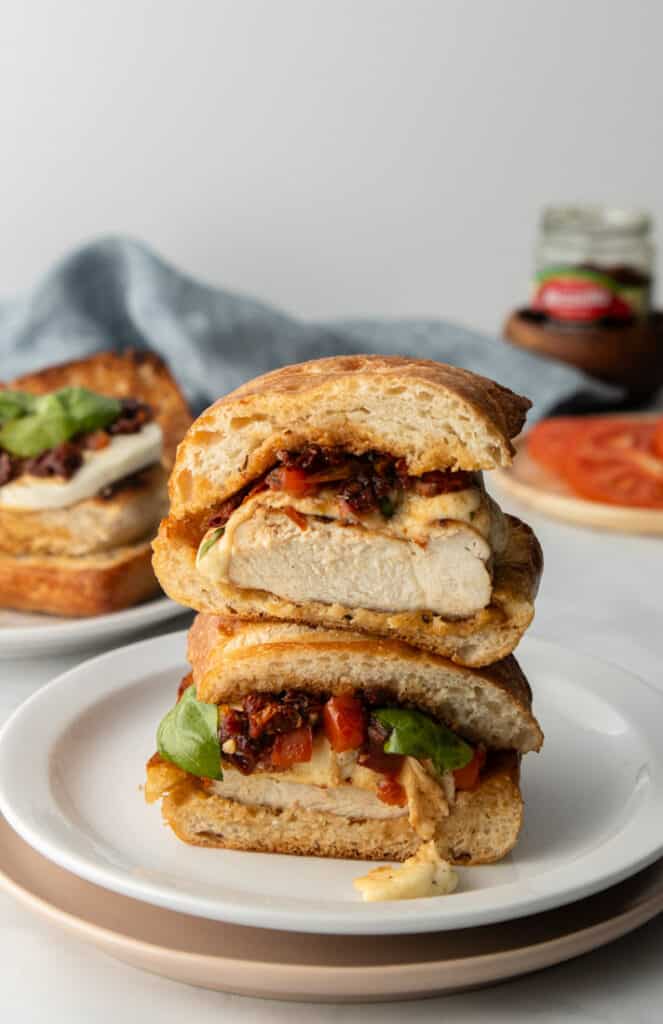
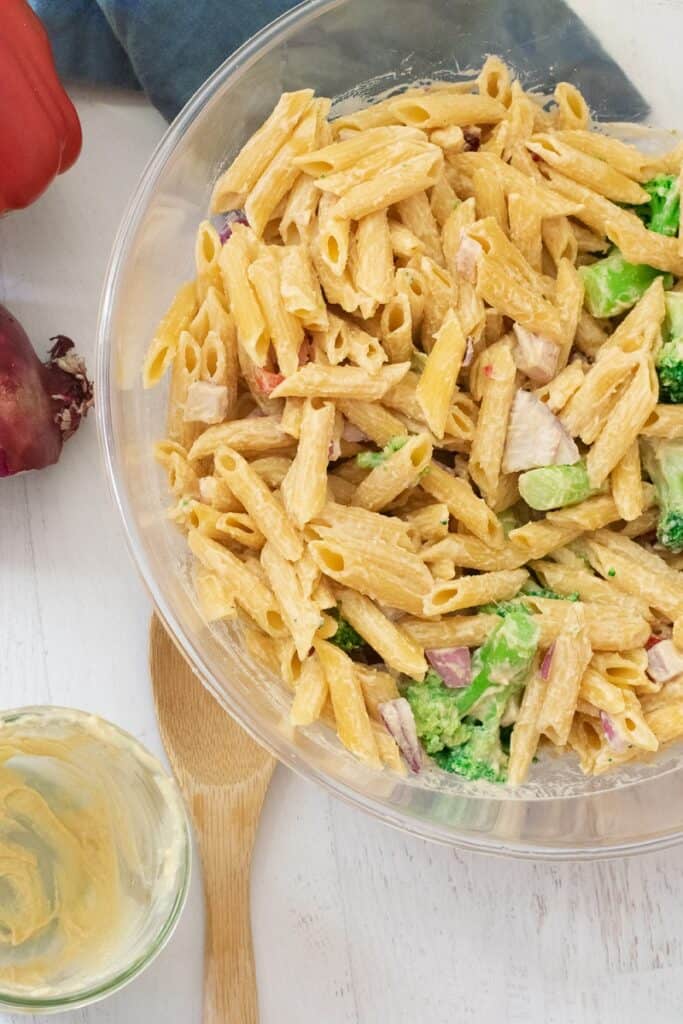
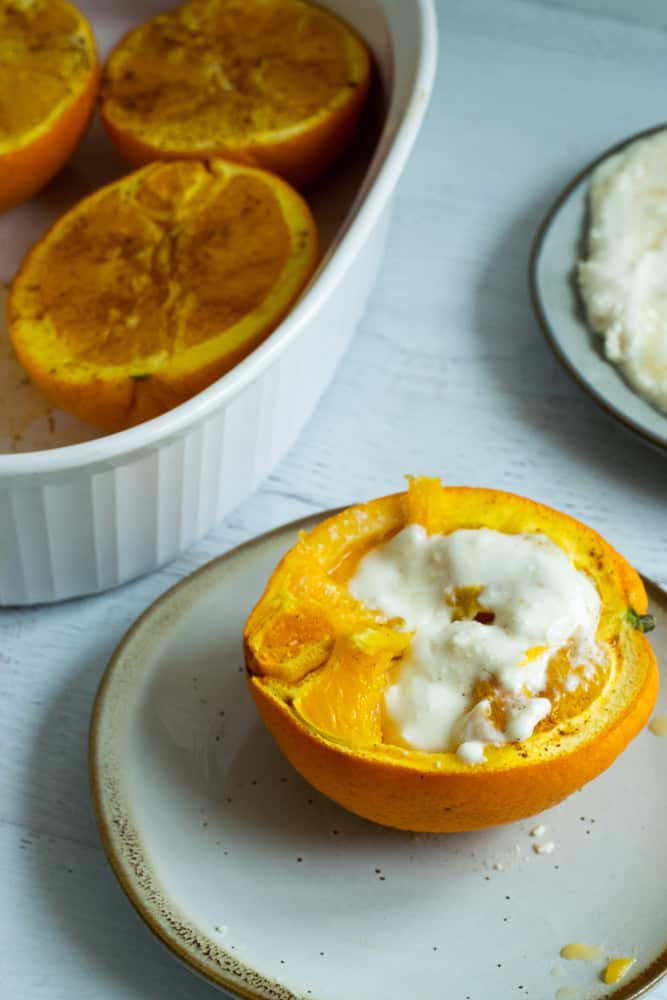
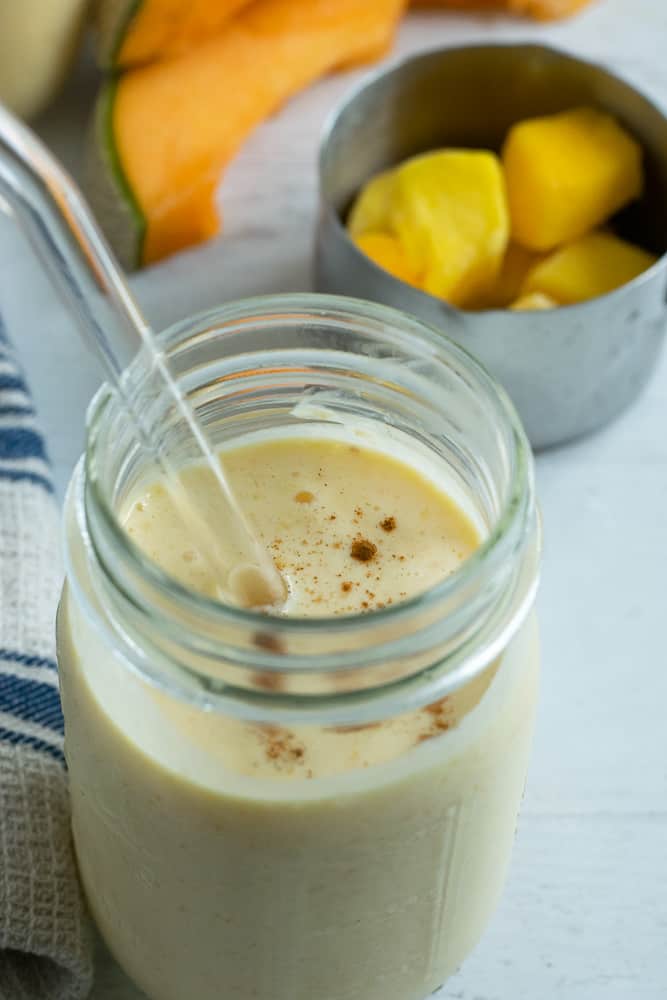
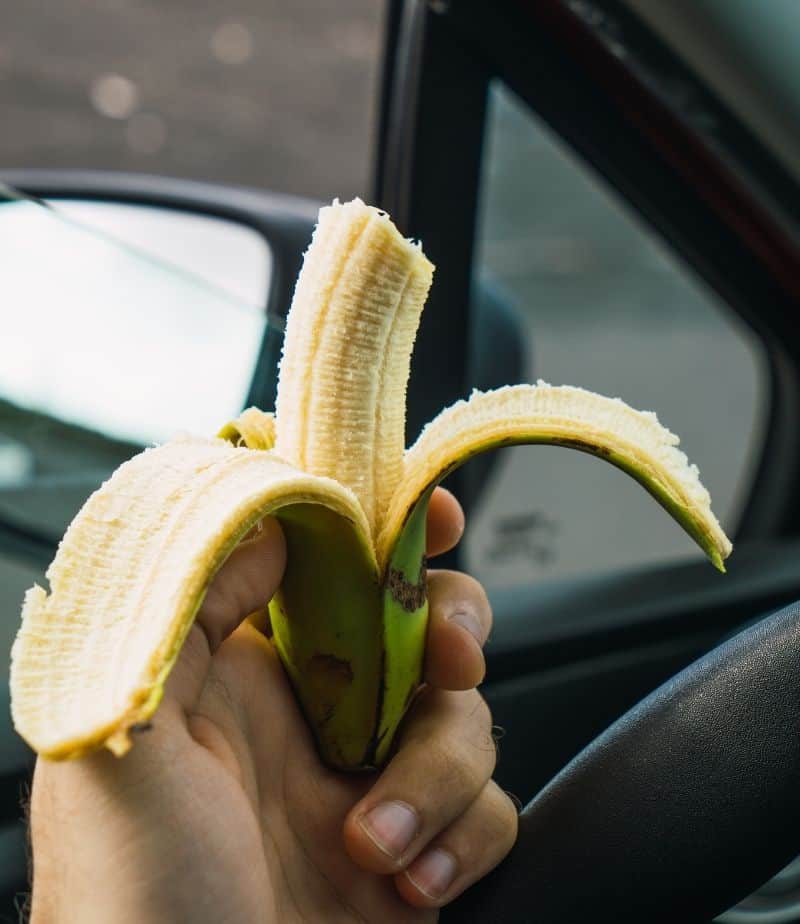
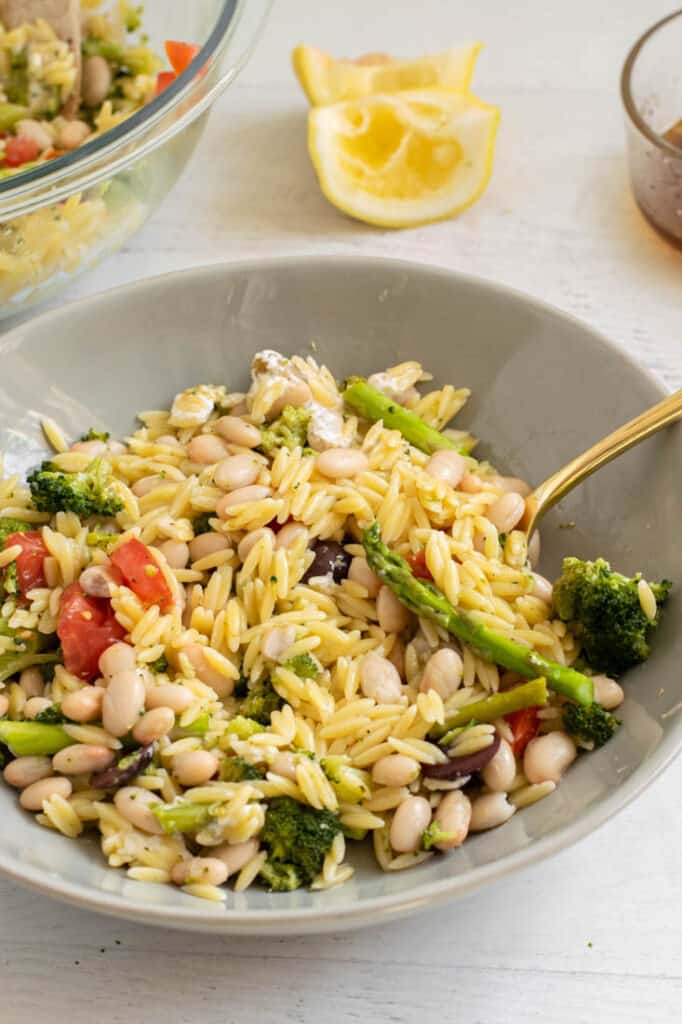
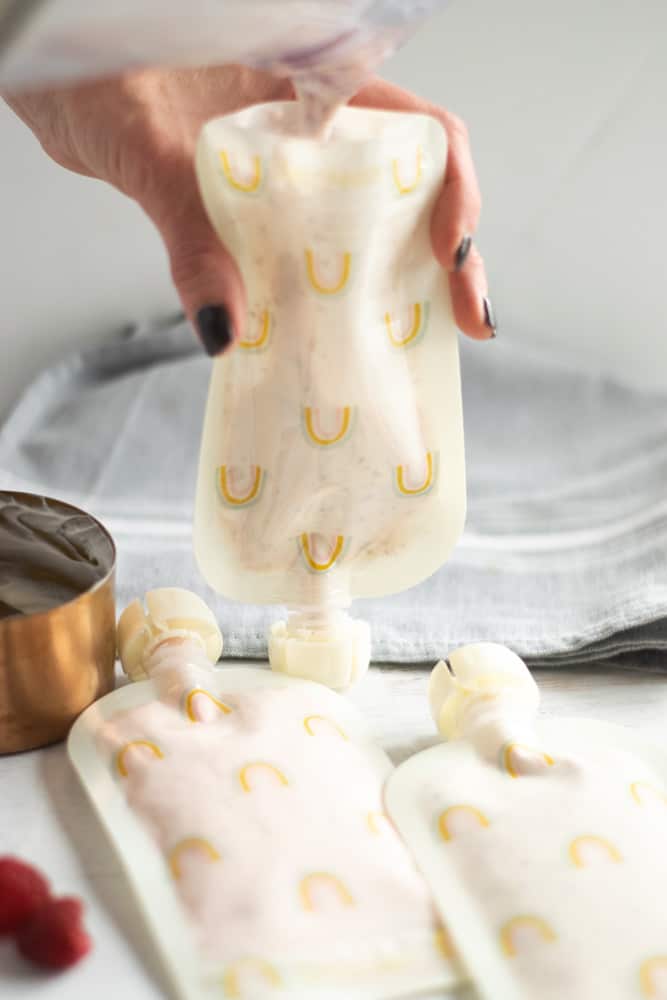
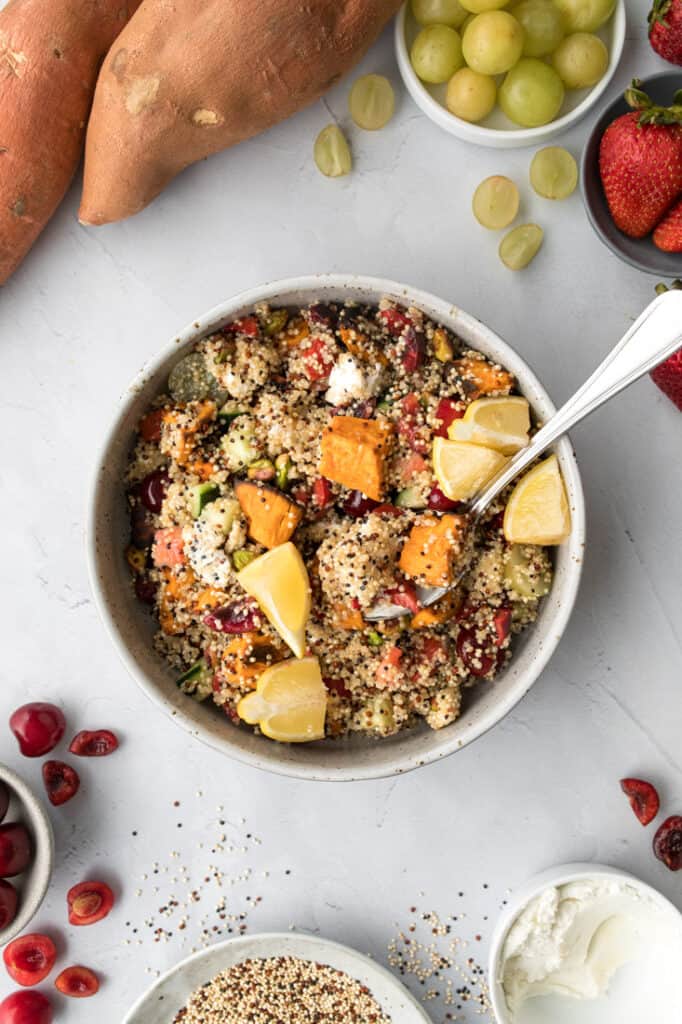

Like This Content?
Support Bucket List TummyI think the one big thing I get from this post is that intuitive eating is about curiosity, studying and understanding our bodies, but it’s not about obsession, over-thinking, or idolatry. The past 2-3 years have been a big journey of learning that for me, and though it’s been hard to shift my mindset from diet culture, God has definitely been working in me and freeing me!
Totally! Curiosity is such an integral part of IE. I’m so happy that you’ve come so far on your journey, Emily!
I heard someone say they eat intuitively but don’t eat gluten or something like that. They weren’t gluten free for a medical reason so I was very confused. Another great IE post. Thanks Sarah!
People don’t realize food rules aren’t a part of intuitive eating, there’s so many misconceptions!